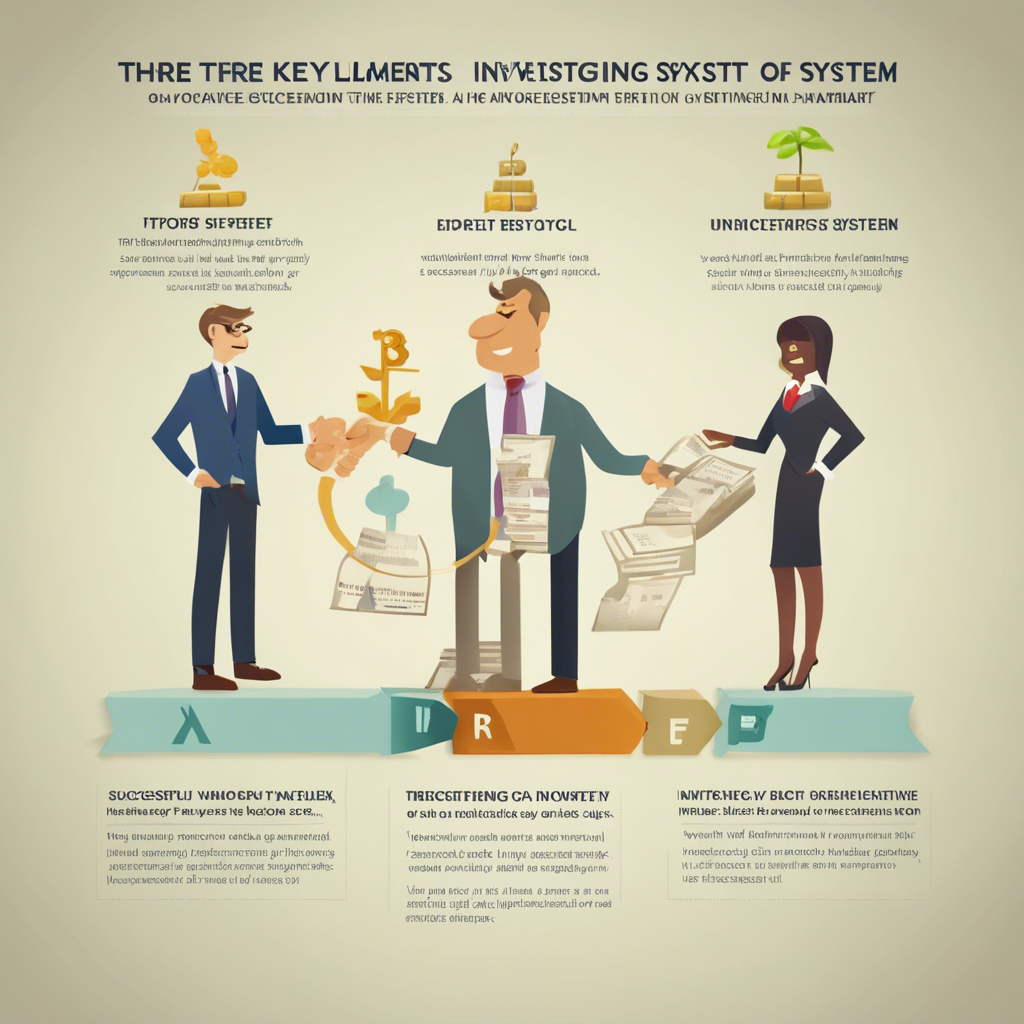The Rise and Challenges of ESG Investing: Navigating the Murky Waters of Socially Responsible Investing

As ESG investing gains popularity, questions arise about its future amidst market correction, regulatory scrutiny, and political pushback.
In the bustling city of New York, where there seems to be a club for everything, a group of New York University Impact Investing Alumni Club members are taking a stroll through a park on Manhattan’s west side. These monthly walks serve as a platform for NYU grads to discuss and learn about ESG investing – a term referring to environmental, social, and governance investing. Maya Robinson, a 30-year-old writer and editor, recently joined the stock market and is keen on exploring various forms of investing. Her interest lies in companies that actively combat climate change and create a positive social impact. But as the popularity of ESG investing grows, the once bright light of this investment strategy appears to be dimming.
The Evolution of ESG Investing
ESG investing has evolved from simply avoiding unsavory industries like tobacco to thoughtfully selecting where to invest one’s money. The movement gained traction in 2015, thanks to Larry Fink, CEO of investment firm BlackRock, who shifted the tone of his annual letters to companies, emphasizing climate and social change. Simultaneously, figures like climate activist Greta Thunberg and the Black Lives Matter movement further ignited interest in creating change. By 2021, ESG funds accounted for 10% of worldwide fund assets.
The Pitfalls of ESG Investing
While the intentions behind ESG investing are noble, the lack of standardized rules and regulations has led to some challenges. Companies self-report their impact, leaving room for greenwashing and other deceptive practices. ESG is an amorphous concept, encompassing a wide range of factors such as carbon emissions, workplace diversity, and labor practices. This complexity makes measuring ESG difficult, despite efforts by financial data groups like Bloomberg, S&P, and Moody’s to provide ESG ratings. However, these ratings remain subjective, and fact-checking every claim made by companies is nearly impossible.
Market Correction and Regulatory Scrutiny
This fall, U.S. money managers closed more ESG funds than they opened, signaling a market correction after an initial surge. Regulators have also started scrutinizing the label, questioning the authenticity and impact of ESG investing. Critics argue that ESG activism strays from pure bottom-line investment criteria, raising concerns about its effectiveness as an investment strategy. The lack of standardized reporting and measurable outcomes has further fueled skepticism.
Political Pushback and the Future of ESG
ESG investing has faced political pushback, with critics questioning the role of government in dictating investment decisions. Some argue that ESG investing should be solely driven by market forces rather than government intervention. However, proponents of ESG investing believe that individual investors can influence companies and drive responsible practices. The hope within the ESG community is for the acronym to evolve into a rigorous reporting standard, regulated by federal authorities. This would require companies to disclose their carbon emissions, board diversity, and other relevant metrics alongside their financial performance.
Conclusion:
As ESG investing continues to evolve, it faces challenges that demand attention and action. The lack of standardized rules and regulations, coupled with the subjective nature of ESG ratings, raises concerns about the authenticity and impact of this investment strategy. However, proponents of ESG investing remain optimistic, believing that individual investors can influence companies to adopt responsible practices. The future of ESG lies in the development of rigorous reporting standards, federally regulated and enforced, to ensure transparency and accountability. Only then can ESG investing truly fulfill its potential as a force for positive change in the financial world.










